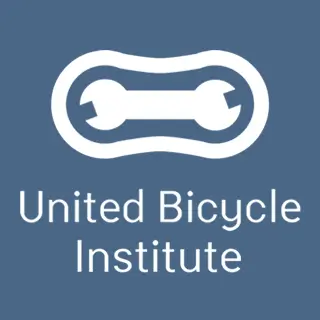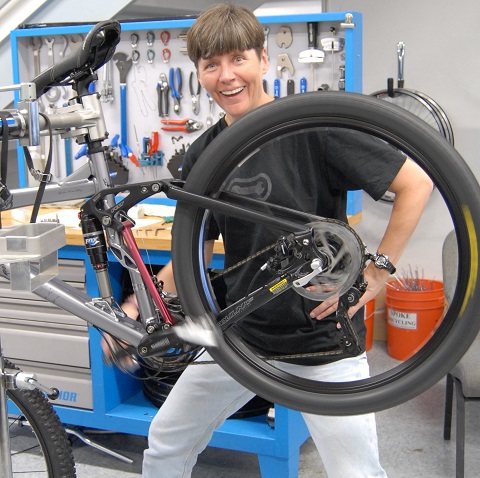
Inspiration and Understanding with QBP 2018 Recipient, Lynette Wood
The QBP scholarship is aimed at giving to those who are giving to others. Many of the recipients donate their time outside of the bike shop to help other cyclists (children and adults alike), hopeful mechanics, home wrenches, and normal folks understand the ins and outs of safe cycling. Ultimately that's the goal for all of us; more butts on bikes! I'm Lynnette Wood, originally from Guilford, VT and currently residing in Lindale, TX by way of Appleton, WI, Jánico...
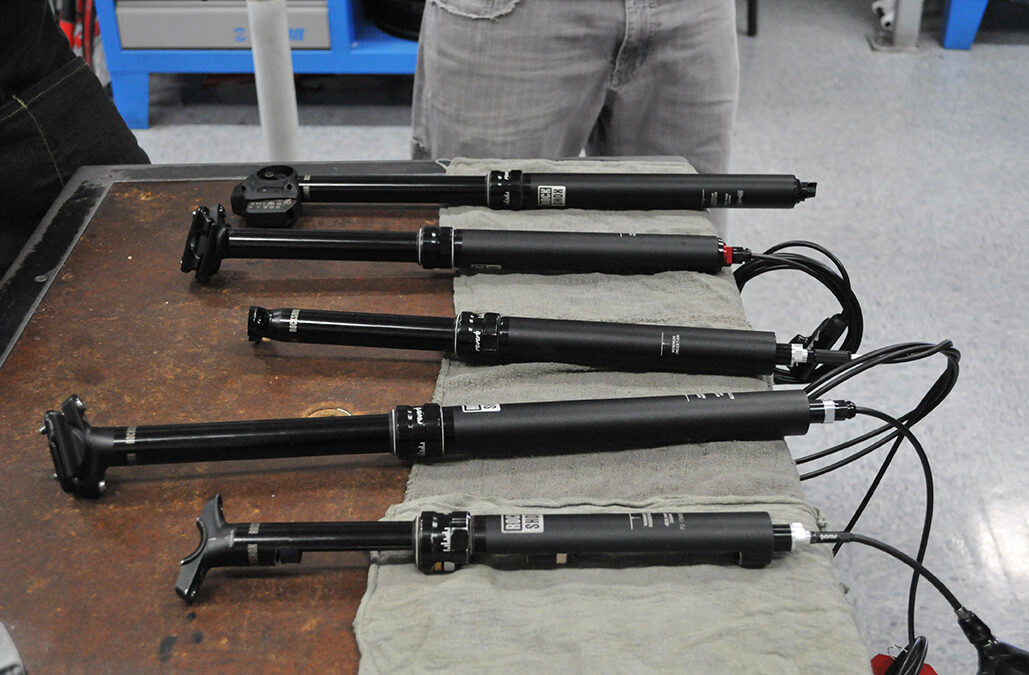
New! Dropper Post One-Day Clinic
View our 2020 class schedule here. Our seminars are designed for experienced mechanics or graduates of our Professional Repair and Shop Operation course. The goal: provide training in specific skills and technologies for the current model year that will help you become a more complete and up-to-date bike mechanic. We change up the topics and curriculum year-to-year in order to stay current with the latest bicycle technology, and this year that means...Dropper Post class! ...
Bikepack the Southwest with QBP 2018 Scholarship recipient Monique Laraway
BV: What is your name? Where are you from? What pronouns do you prefer? ML: Hi, my name is Monique Laraway and my preferred pronouns are she/they. I grew up in Arizona and have lived in Tucson for about 10years. BV: When did you attend the United Bicycle Institute during the QBP Scholarship (year and month)? And how many years did you apply before receiving the scholarship? My ML: UBI class was held in Jan/Feb 2018. I applied at least 2 or 3 times before receiving the scholarship....
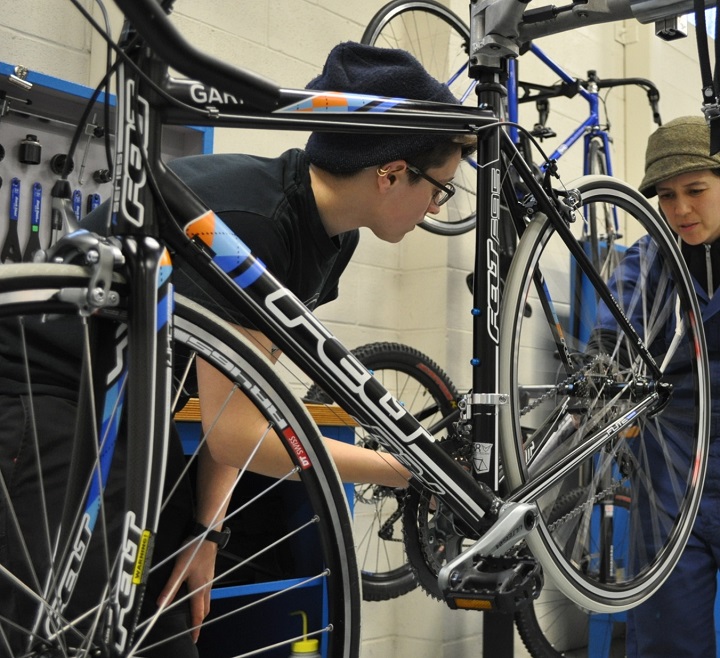
Efficient and effective Leah Plummer, QBP WBMS Recipient PDX 2019
Leah Plummer (She/hers) I work at Uptown Bikes in Chicago, IL. I had the privilege of attending UBI in February 2019 at the Portland Campus. Before that, I applied unsuccessfully four times. I was most impacted by getting to live with the other folks in the class. Everyone came at bikes from a different angle and getting to share a space for two weeks allowed us to have casual conversations about bikes and life in general. Our cohort had a wide age range of people...
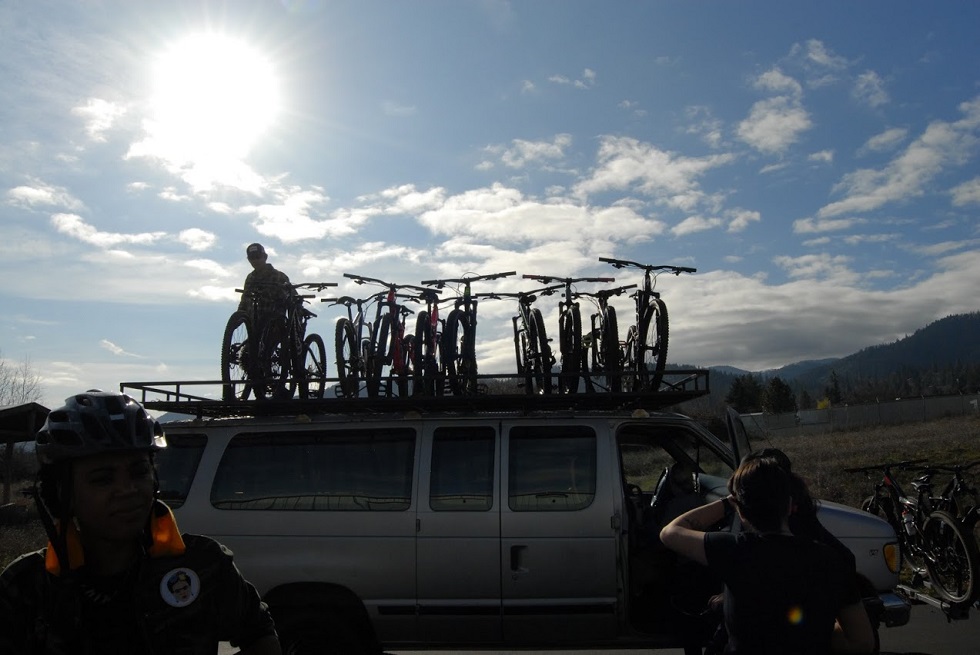
Packing List: What to Bring to Bike School
When you register at UBI, your tuition includes practice materials, manuals, handouts, study materials, and use of the UBI facilities and tools during your time in the classroom (and then some!). That doesn’t mean you won’t also want to bring along some extra carry-ons for extracurricular activities. Here’s our go-to list of bike school essentials to bring with you to UBI. Your Bike Take advantage of your time in the classroom to give your own bike a tune-up,...
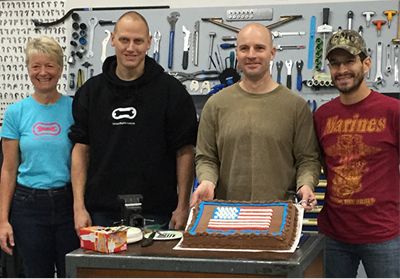
Use Your VA Education Benefits at UBI!
just one of the many things that makes UBI a different kind of bike school experience -- for the last seventeen years, we’ve proudly helped veterans learn the ropes in our training programs, from basic bicycle maintenance to advanced wheelbuilding and suspension overhauls; brazing and TIG welding frame building; and beyond. Approved to Accept VA Education Benefits Our VA program began with our students, who requested that UBI get approved to accept VA education benefits. It took a...
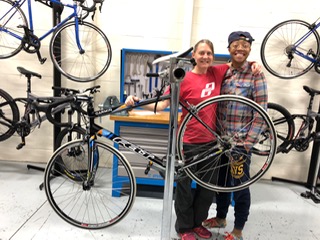
REI to Europe; Candi Jiosne, QBP Scholarship Recipient
BV: What is your name? Where are you from? What pronouns do you prefer? When did you attend the United Bicycle Institute during the QBP Scholarship (year and month)? And how many years did you apply before receiving the scholarship?CJ: Candi Jiosne. I am from Clarkston GA. I use she/her. I attended UBI Portland in Feb 2019. It was my third time applying. BV: What impacted you most about your experience with your classmates?CJ: So much really…Initially from the talk we had with...
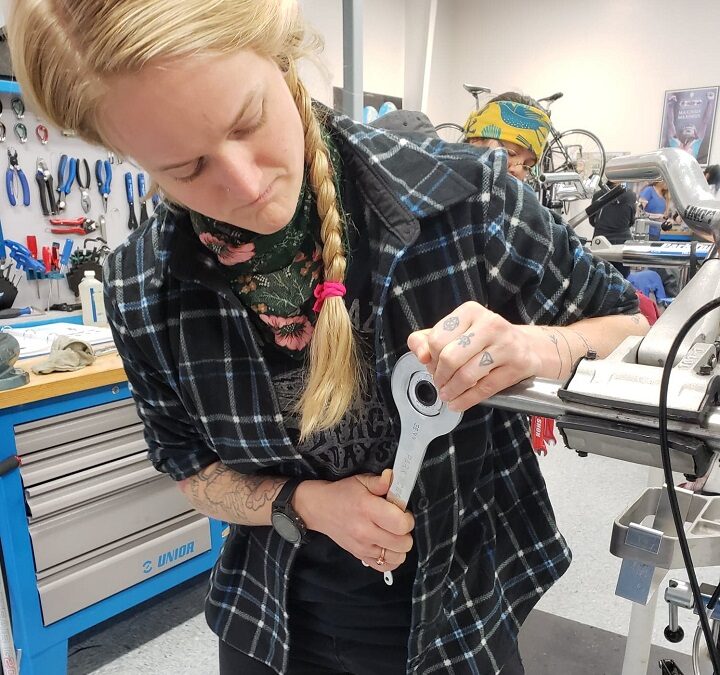
New meaning to the words “Sage Mechanic”; Kate Sage, QBP Scholarship Recipient
My name is Kate Sage, I am from Toronto, Canada, but I live in Chico California now. I prefer she/her and they/them pronouns.I attended UBI February 11th - 22nd 2019. This was my first year applying, after working for over 10 years in the industry it was the first time I was eligible to apply! What impacted me most was the immersive experience. First, it was the simple fact of going to bike school. For two weeks it was nothing but the bare bone facts of bikes without any of the drama I...
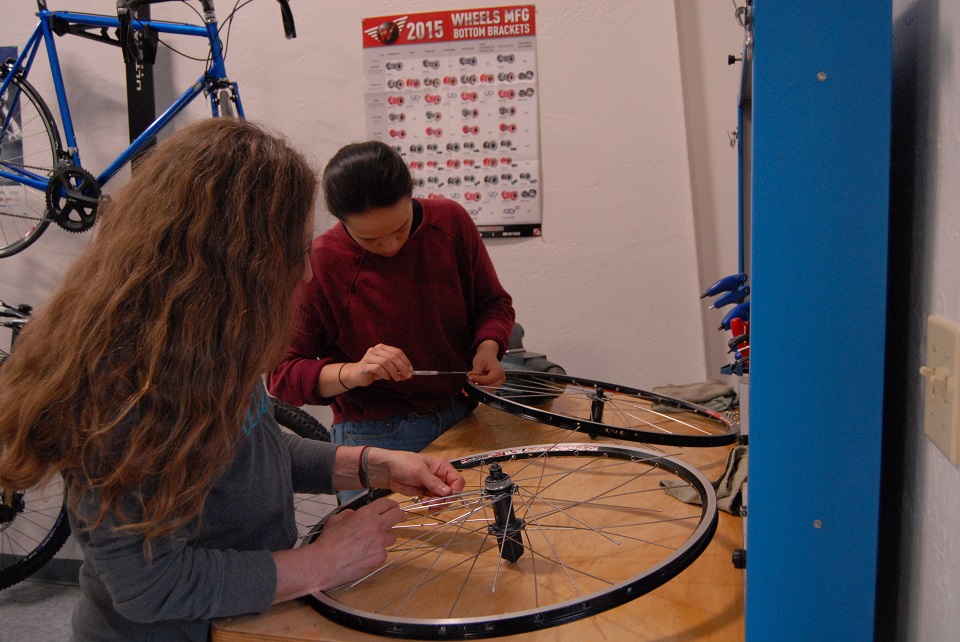
Bike Mechanic, Machinist, Welder, Engineer; Katrina Leydn QBP Scholarship Recipient
My name is Katrina, and I’m currently living in Oakland, California! I use she/her pronouns.I attended UBI for the QBP Scholarship in February 2019. This was my first time applying for the scholarship, and I’m so grateful to have received it. There were so many skills and knowledge that I learned while at UBI, and I especially loved learning how to build my own wheels! However, what really made my time at UBI so special were the people and learning environment we created. Learning is...
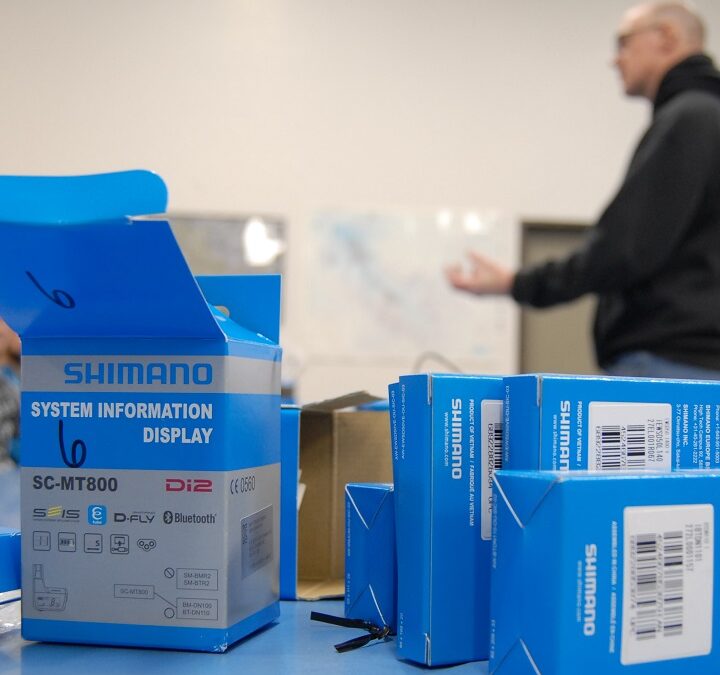
20 Reasons to Attend Bike School in 2020
1. Continue Learning That New New E-bikes are on the rise, new suspension trends consistently surprise the industry with new ideas (and new tools to work on said ideas) and new rad gear is always popping up. Good thing we have the Continuing Education Seminars to continually update you on the latest and greatest. 2. Because Ashland To put it bluntly: Ashland is a cyclist’s dream; miles of bike path, single track terrain, abundant bike lanes, and like-minded...
